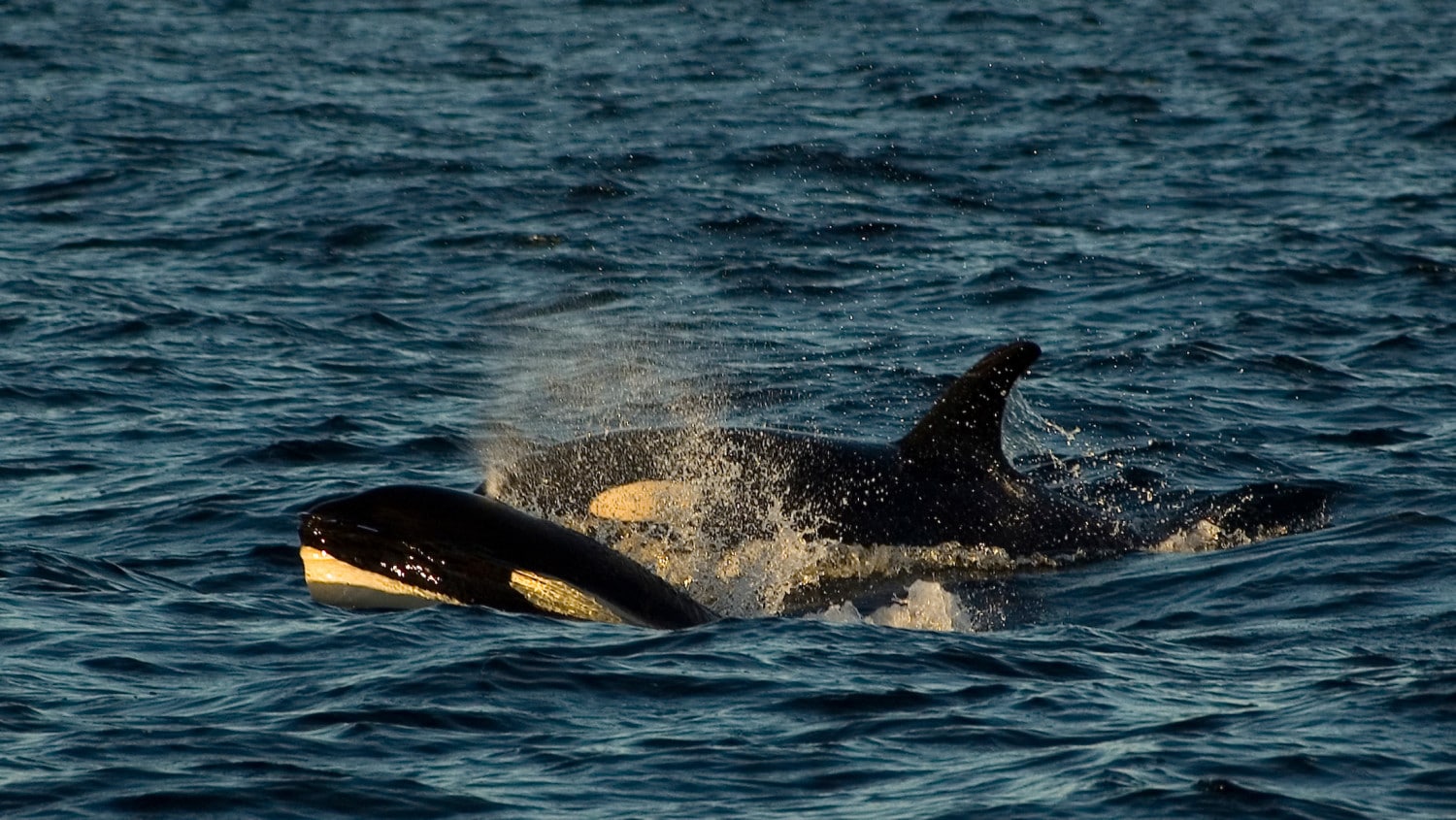British Columbia’s resident killer whales are made up of two distinct populations that live in the province’s waters year-round.
The southern resident killer whales are listed as “endangered,” with about 85 members remaining, while approximately 235 “threatened” northern residents survive. Both species are listed under Canada’s Species at Risk Act, which means the Department of Fisheries and Oceans (DFO) is required to create plans for the species’ recovery and protection. A core part of the planning process is the identification and protection of critical habitat, which is defined as the habitat necessary for the survival and recovery of the species.
In 2008, DFO issued an unlawful protection statement that sought to protect critical habitat using voluntary guidelines and non-binding laws and policies. In 2009, Ottawa replaced the statement with a legally binding order for resident killer whale critical habitat protection. However, the order failed to protect the biological aspects of critical habitat, including water quality, noise pollution and declining salmon stocks.
The nine conservation groups succeeded at trial and Justice Russell found that the DFO had failed to legally protect killer whale’s critical habitat — including their food supply and the quality of their marine environment — as the Species at Risk Act requires. DFO appealed aspects of the lower court decision to the Court of Appeal. (Minister of Fisheries and Oceans v. David Suzuki Foundation 2012 FCA 40.)
DFO’s appeal claimed that discretionary provisions in the Fisheries Act adequately protect the whales’ habitat. Our clients argued that the DFO is bound by the provisions of the Species at Risk Act, which requires mandatory protection of critical habitat for endangered species – not discretionary protection.
In 2012, the Federal Court of Appeal confirmed that the federal government is bound to legally protect all aspects of the critical habitat of British Columbia’s killer whales. In its judgment, the Federal Court of Appeal unanimously dismissed nearly all aspects of the federal government’s appeal and ordered the government to pay the associated costs.

